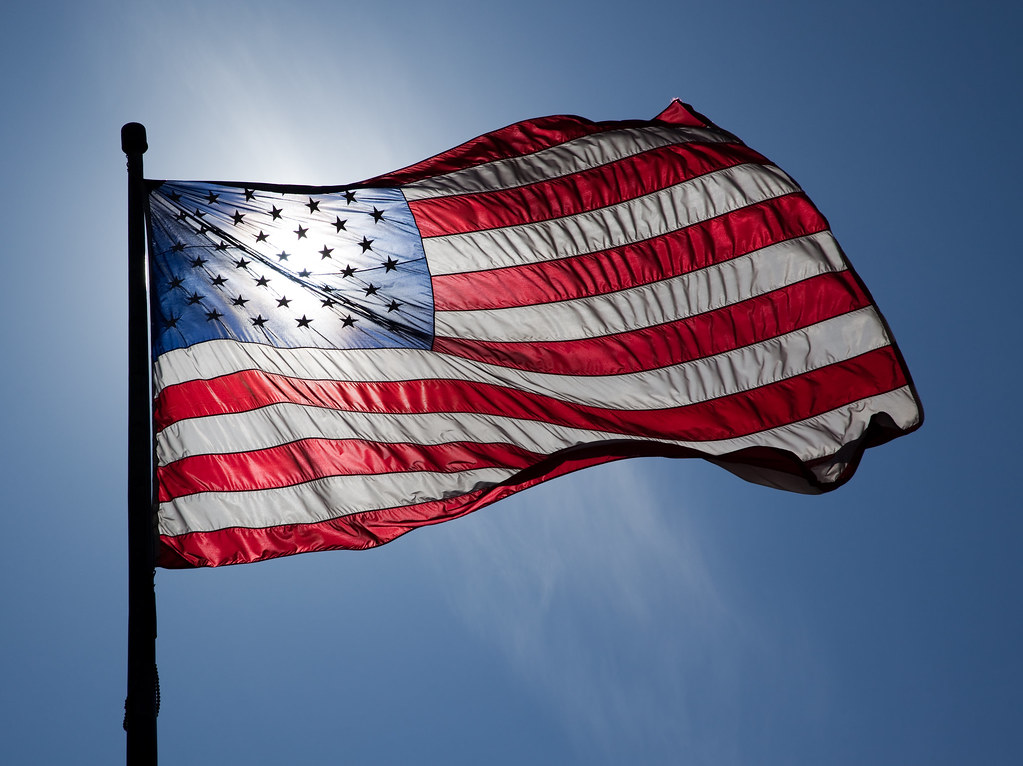Radiation in parts of Marshall Islands higher than Chernobyl, Fukushima: Study

- Country:
- United States
Radiation levels in some regions of the Marshall Islands, where the US conducted nuclear tests during the Cold War, are far higher than in areas affected by the Chernobyl and Fukushima nuclear disasters, according to new research. Three studies by researchers from Columbia University in the US showed that the concentration of nuclear isotopes on some of the islands was well above the legal exposure limit established in agreements between the US and Republic of the Marshall Islands.
The research suggests residents should not return to several uninhabited islands until areas are thoroughly cleaned and further assessed for safety. The studies, published in the journal Proceedings of the National Academy of Sciences (PNAS), measured soil samples, ocean sediment and a variety of fruit.
Nearly 70 nuclear bombs the US detonated between 1946 and 1958 left widespread contamination on the islands, a chain of atolls halfway between Australia and Hawaii, researchers said. The largest nuclear detonation, "Castle Bravo," in 1954 at Bikini Atoll, was 1,000 times more powerful than either of the bombs dropped on the Japanese cities of Hiroshima and Nagasaki, they said.
The Marshall Islands have experienced rapid growth since the 1960s. Most of its residents live on two crowded islands and are unable to return to their home islands because of nuclear contamination.
Nuclear fallout from the tests is most concentrated on the Bikini, Enewetak, Rongelap, and Utirik atolls. "Based upon our results, we conclude that to ensure safe relocation to Bikini and Rongelap Atolls, further environmental remediation appears to be necessary to avoid potentially harmful exposure to radiation," said researchers, including Ivana Nikolic Hughes, an associate professor at Columbia.
(This story has not been edited by Devdiscourse staff and is auto-generated from a syndicated feed.)
ALSO READ
India ready for Australia challenge ahead of Paris Olympics
Japanese drivers try to break through in Formula 1 but face linguistic and geographical barriers
India ready for Australia challenge ahead of Paris Olympics
Australia's High Commissioner, Consul General meet Gujarat CM
Australian national found dead in Indore hotel cremated as per Hindu rituals










